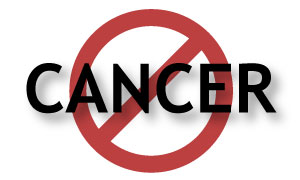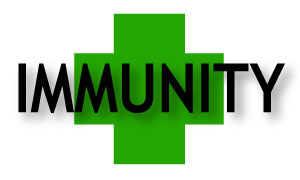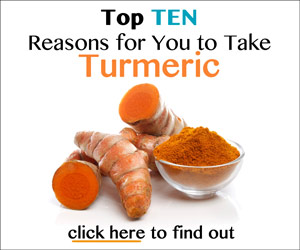

Effects of Turmeric Compounds on Cytokines Involved in Cancer
| CYTOKINES AND CHEMOKINES IN CANCER | |||
|---|---|---|---|
| HOW DO THEY CONTRIBUTE TO CANCER? AND HOW CAN TURMERIC COMPOUNDS HELP? |
|||
An Unregulated Immune System Response Cytokines and chemokines are pro-inflammatory protein molecules. They are normally produced as part of a tightly regulated immune system response to injury or infection. However, in cancer they are uncontrolled and play a number of detrimental roles: (vi.30, 33, 70, 87-89)
Aggressive tumors often produce high levels of cytokines. (vi.30, 33, 70, 87-89) Turmeric Compounds Help Regulate the Immune SystemStudies show that turmeric's main curcumin compound blocks the over-production of many cytokines and chemokines. This limits their harmful cancer-promoting effects. (vi.30, 33, 70, 87-89) For example, radiation therapy for cancer involves creating sustained DNA damage to cancer cells in order to kill them. Radiation also induces a number of protective reactions in cancer cells, including stimulating immune system cytokines to repair the damage caused by radiation. Turmeric compounds such as curcumin block radiation-activated transcription factors, production of cytokines, and other survival factors. This activity can counteract cancer resistance to radiotherapy and increase treatment effectiveness. (vi.90) Active Turmeric Compounds Besides curcumin, turmeric compounds that help inhibit cytokines and chemokines involved in cancer include: |
|||
| SPECIFIC EFFECTS OF TURMERIC COMPOUNDS | |||
| ↓ CXCL1 | ↓ IFN-γ | ↓ IL-2 | ↓ IL-8 |
| ↓ CXCL2 | ↓ IL-1 | ↓ IL-4 | ↓ IL-12 |
| ↓ IFN-α | ↓ IL-1β | ↓ IL-6 | ↓ TNF-α |





